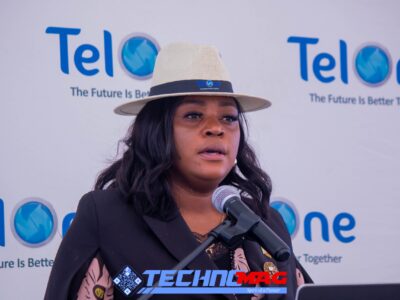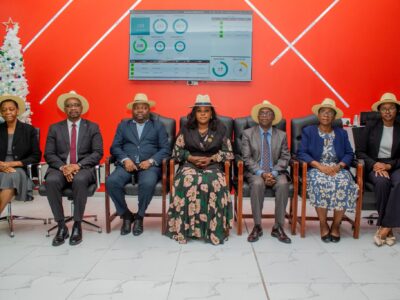In Zimbabwe, a quiet shift is transforming the very idea of what it means to buy a first home. For a new generation of buyers—tech-savvy, globally influenced, and pragmatically aspirational property is no longer just about bricks and mortar. It’s about lifestyle, design, security, and digital convenience.
Millennials, particularly those under 40, are rewriting the rules of homeownership. Unlike their parents, whose journey to a first home often involved years of saving for a standalone house on the outskirts of a city, today’s buyers are drawn to properties that reflect how they live and work. They value location over land size, connectivity over tradition, and flexibility over formality.
Developers and estate agents are taking note. Across urban centres like Harare and Bulawayo, new housing projects are being designed with this emerging buyer in mind. Compact, stylish cluster homes are replacing expansive suburban plots. Open-plan layouts, natural light, and minimalist aesthetics are becoming the norm. The millennial starter home is no longer a one-size-fits-all investment—it’s a curated space tailored to modern realities.
What makes these homes stand out isn’t just their visual appeal but the thought given to functionality. It’s now common to find en-suite bedrooms, modular kitchens, and integrated home-office spaces even in two-bedroom units. The lingering impact of the COVID-19 pandemic has further cemented the importance of flexible design, with many homes now accommodating remote work setups as a standard, not an afterthought.
Location remains key. Young buyers are prioritising proximity to schools, work hubs, and retail centres, driving up demand—and prices—in suburbs like Madokero and Pomona. But with that demand comes an expectation of more than just convenience. Security, for example, is non-negotiable. Rising crime rates have led to a boom in gated communities and complexes equipped with high walls, electric fencing, and 24-hour surveillance.
Just as critical as physical infrastructure is the digital one. Millennials are digital-first buyers. They find listings on Instagram, schedule virtual tours, and expect payments and paperwork to be processed entirely online. PropTech startups are filling this gap, connecting buyers especially those in the diaspora with verified developments and offering end-to-end digital experiences. For this generation, if a developer can’t offer transparency, speed, and convenience through digital platforms, they lose interest fast.
Financing models are also evolving to keep up with shifting expectations. Access to long-term credit remains limited, so developers are experimenting with flexible options—rent-to-buy models, staged payments, and joint ownership schemes. Many of these are pegged to the US dollar or tied to construction milestones, allowing buyers to plan better while still securing their place in a rising market.
A significant portion of millennial buyers also come from the diaspora, bringing with them both capital and international expectations. These buyers are not just investing in homes for themselves, but often for parents or as part of long-term return plans. They demand the kinds of features common in South Africa, the UK, or Australia—open plans, energy-efficient systems, modern finishes—and they push for transparency and legal clarity that, in turn, lift the standard for everyone.
Green energy has also become more than a buzzword. Solar power, greywater systems, and energy-efficient appliances are increasingly standard. For younger buyers, these aren’t luxury upgrades—they’re essential for sustainable living and managing long-term costs. Developers are responding, with some even integrating boreholes, solar backups, and co-working spaces within their residential clusters.
What’s clear is that the Zimbabwean housing market is undergoing a generational reset. While older buyers still account for much of the property ownership, it’s millennials who are shaping the future. Their choices grounded in technology, lifestyle, and flexibility are steering the sector toward more intelligent, compact, and responsive housing solutions.
The starter home has evolved. It’s no longer just a symbol of adulthood it’s a platform for a way of life. And in this new reality, those who fail to adapt risk being left behind.















Comments